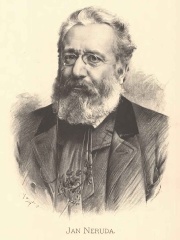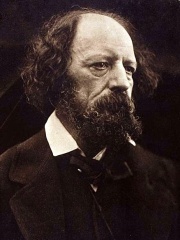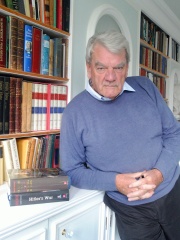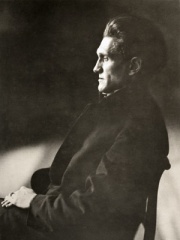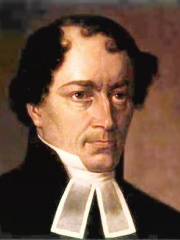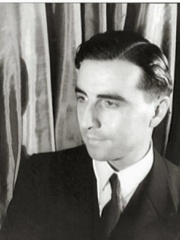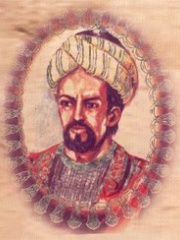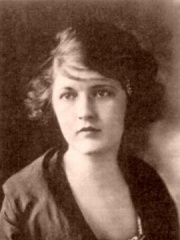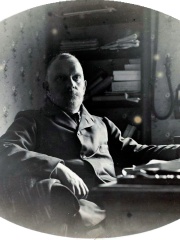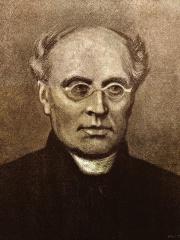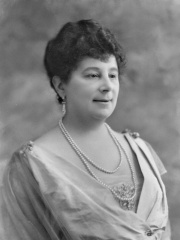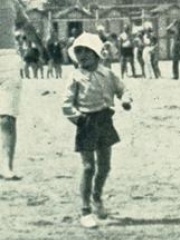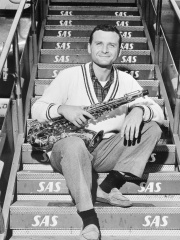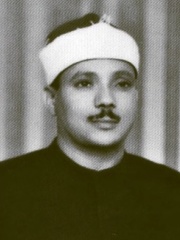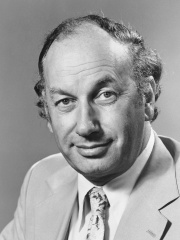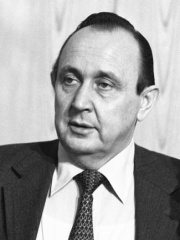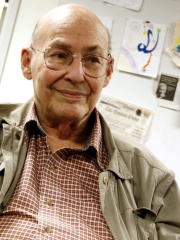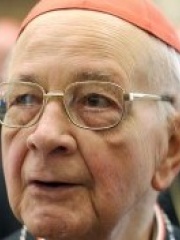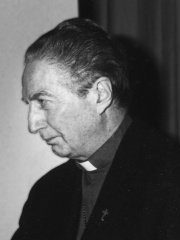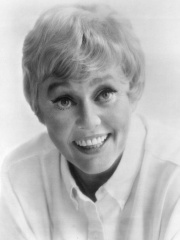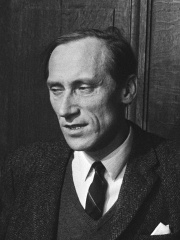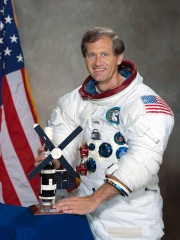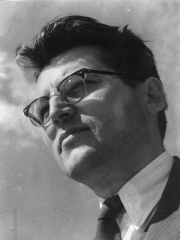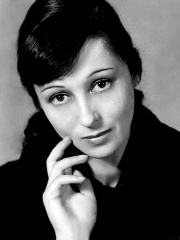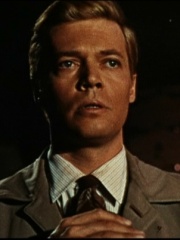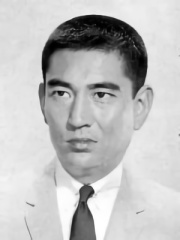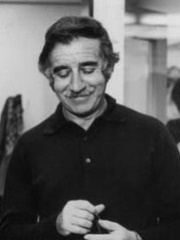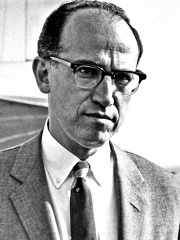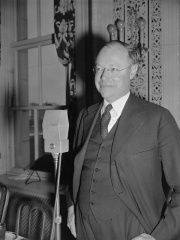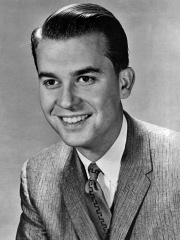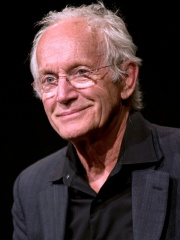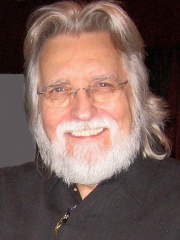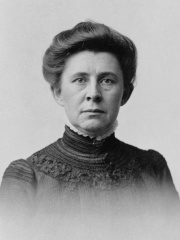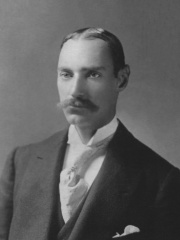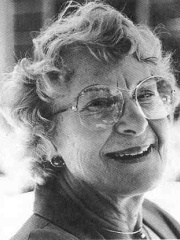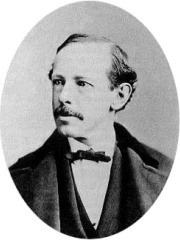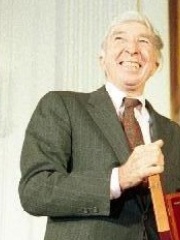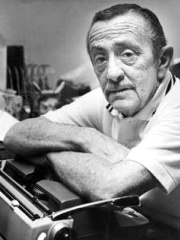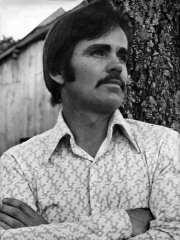Pisarz
Daniel Keyes
1927 - 2014
PL.WIKIPEDIA PAGE VIEWS (PV)
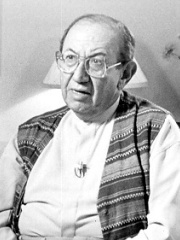
 Daniel Keyes
Daniel Keyes
Jego biografia jest dostępna w 39 różnych językach w Wikipedii. Daniel Keyes jest 939. najpopularniejszym pisarz (spadek z 807. w 2024 roku), 1310. najpopularniejszą biografią Stany Zjednoczone (spadek z 906. w 2019 roku) oraz 100. najpopularniejszym pisarz Stany Zjednoczone.
Memorability Metrics
Page views of Daniel Keyes by language
Among Pisarzs
Among pisarzs, Daniel Keyes ranks 939 out of 7,302. Before him are Jan Neruda, Alfred, Lord Tennyson, David Irving, Stefan George, Ján Kollár, and Julien Green. After him are Al-Mutanabbi, Zelda Fitzgerald, Jules Renard, Philostratus, Johan Ludvig Runeberg, and Emma Orczy.
Most Popular Pisarzs in Wikipedia
Go to all RankingsJan Neruda
1834 - 1891
HPI: 68.54
Rank: 933
Alfred, Lord Tennyson
1809 - 1892
HPI: 68.54
Rank: 934
David Irving
1938 - Present
HPI: 68.54
Rank: 935
Stefan George
1868 - 1933
HPI: 68.53
Rank: 936
Ján Kollár
1793 - 1852
HPI: 68.53
Rank: 937
Julien Green
1900 - 1998
HPI: 68.52
Rank: 938
Daniel Keyes
1927 - 2014
HPI: 68.51
Rank: 939
Al-Mutanabbi
915 - 965
HPI: 68.51
Rank: 940
Zelda Fitzgerald
1900 - 1948
HPI: 68.51
Rank: 941
Jules Renard
1864 - 1910
HPI: 68.51
Rank: 942
Philostratus
170 - 250
HPI: 68.50
Rank: 943
Johan Ludvig Runeberg
1804 - 1877
HPI: 68.50
Rank: 944
Emma Orczy
1865 - 1947
HPI: 68.50
Rank: 945
Contemporaries
Among people born in 1927, Daniel Keyes ranks 57. Before him are George O. Abell, Alan MacDiarmid, Romano Mussolini, Stan Getz, Abdul Basit 'Abd us-Samad, and John Vane. After him are Hans-Dietrich Genscher, Marvin Minsky, Eduardo Martínez Somalo, Carlo Maria Martini, Pat Carroll, and Leszek Kołakowski. Among people deceased in 2014, Daniel Keyes ranks 47. Before him are Tito Vilanova, William R. Pogue, Mickey Rooney, Dobrica Ćosić, Luise Rainer, and Karlheinz Böhm. After him are Kim Song-ae, Philip Seymour Hoffman, The Ultimate Warrior, Yozo Aoki, James Garner, and Ken Takakura.
Others Born in 1927
Go to all RankingsGeorge O. Abell
ASTRONOMER
1927 - 1983
HPI: 69.32
Rank: 51
Alan MacDiarmid
CHEMIST
1927 - 2007
HPI: 69.25
Rank: 52
Romano Mussolini
MUSICIAN
1927 - 2006
HPI: 69.06
Rank: 53
Stan Getz
MUSICIAN
1927 - 1991
HPI: 68.70
Rank: 54
Abdul Basit 'Abd us-Samad
SOCIAL ACTIVIST
1927 - 1988
HPI: 68.70
Rank: 55
John Vane
CHEMIST
1927 - 2004
HPI: 68.61
Rank: 56
Daniel Keyes
WRITER
1927 - 2014
HPI: 68.51
Rank: 57
Hans-Dietrich Genscher
POLITICIAN
1927 - 2016
HPI: 68.43
Rank: 58
Marvin Minsky
COMPUTER SCIENTIST
1927 - 2016
HPI: 68.38
Rank: 59
Eduardo Martínez Somalo
RELIGIOUS FIGURE
1927 - 2021
HPI: 68.18
Rank: 60
Carlo Maria Martini
RELIGIOUS FIGURE
1927 - 2012
HPI: 68.15
Rank: 61
Pat Carroll
ACTOR
1927 - 2022
HPI: 68.09
Rank: 62
Leszek Kołakowski
PHILOSOPHER
1927 - 2009
HPI: 67.99
Rank: 63
Others Deceased in 2014
Go to all RankingsTito Vilanova
COACH
1968 - 2014
HPI: 69.02
Rank: 41
William R. Pogue
ASTRONAUT
1930 - 2014
HPI: 68.92
Rank: 42
Mickey Rooney
ACTOR
1920 - 2014
HPI: 68.89
Rank: 43
Dobrica Ćosić
WRITER
1921 - 2014
HPI: 68.78
Rank: 44
Luise Rainer
ACTOR
1910 - 2014
HPI: 68.61
Rank: 45
Karlheinz Böhm
ACTOR
1928 - 2014
HPI: 68.58
Rank: 46
Daniel Keyes
WRITER
1927 - 2014
HPI: 68.51
Rank: 47
Kim Song-ae
POLITICIAN
1924 - 2014
HPI: 68.48
Rank: 48
Philip Seymour Hoffman
ACTOR
1967 - 2014
HPI: 68.22
Rank: 49
The Ultimate Warrior
WRESTLER
1959 - 2014
HPI: 67.96
Rank: 50
Yozo Aoki
SOCCER PLAYER
1929 - 2014
HPI: 67.94
Rank: 51
James Garner
ACTOR
1928 - 2014
HPI: 67.81
Rank: 52
Ken Takakura
ACTOR
1931 - 2014
HPI: 67.81
Rank: 53
In Stany Zjednoczone
Among people born in Stany Zjednoczone, Daniel Keyes ranks 1,310 out of NaN. Before him are Don Siegel (1912), Susan Wojcicki (1968), Jonas Salk (1914), Steve Martin (1945), Robert A. Taft (1889), and Jeffrey Wright (1965). After him are Dick Clark (1929), Zelda Fitzgerald (1900), Halle Berry (1966), Lance Henriksen (1940), Morgan Fairchild (1950), and Meg Ryan (1961).
Others born in Stany Zjednoczone
Go to all RankingsDon Siegel
FILM DIRECTOR
1912 - 1991
HPI: 68.55
Rank: 1,304
Susan Wojcicki
POLITICIAN
1968 - 2024
HPI: 68.55
Rank: 1,305
Jonas Salk
PHYSICIAN
1914 - 1995
HPI: 68.54
Rank: 1,306
Steve Martin
COMEDIAN
1945 - Present
HPI: 68.54
Rank: 1,307
Robert A. Taft
POLITICIAN
1889 - 1953
HPI: 68.53
Rank: 1,308
Jeffrey Wright
ACTOR
1965 - Present
HPI: 68.52
Rank: 1,309
Daniel Keyes
WRITER
1927 - 2014
HPI: 68.51
Rank: 1,310
Dick Clark
ACTOR
1929 - 2012
HPI: 68.51
Rank: 1,311
Zelda Fitzgerald
WRITER
1900 - 1948
HPI: 68.51
Rank: 1,312
Halle Berry
ACTOR
1966 - Present
HPI: 68.51
Rank: 1,313
Lance Henriksen
ACTOR
1940 - Present
HPI: 68.50
Rank: 1,314
Morgan Fairchild
ACTOR
1950 - Present
HPI: 68.49
Rank: 1,315
Meg Ryan
ACTOR
1961 - Present
HPI: 68.49
Rank: 1,316
Among Pisarzs In Stany Zjednoczone
Among pisarzs born in Stany Zjednoczone, Daniel Keyes ranks 100. Before him are Robert E. Howard (1906), Neale Donald Walsch (1943), MacKenzie Scott (1970), Ida Tarbell (1857), Joseph Campbell (1904), and John Jacob Astor IV (1864). After him are Zelda Fitzgerald (1900), Virginia Satir (1916), Horatio Alger (1832), John Updike (1932), John Fante (1909), and Cormac McCarthy (1933).
Robert E. Howard
1906 - 1936
HPI: 68.86
Rank: 94
Neale Donald Walsch
1943 - Present
HPI: 68.78
Rank: 95
MacKenzie Scott
1970 - Present
HPI: 68.67
Rank: 96
Ida Tarbell
1857 - 1944
HPI: 68.67
Rank: 97
Joseph Campbell
1904 - 1987
HPI: 68.62
Rank: 98
John Jacob Astor IV
1864 - 1912
HPI: 68.59
Rank: 99
Daniel Keyes
1927 - 2014
HPI: 68.51
Rank: 100
Zelda Fitzgerald
1900 - 1948
HPI: 68.51
Rank: 101
Virginia Satir
1916 - 1988
HPI: 68.47
Rank: 102
Horatio Alger
1832 - 1899
HPI: 68.44
Rank: 103
John Updike
1932 - 2009
HPI: 68.42
Rank: 104
John Fante
1909 - 1983
HPI: 68.41
Rank: 105
Cormac McCarthy
1933 - 2023
HPI: 68.40
Rank: 106
